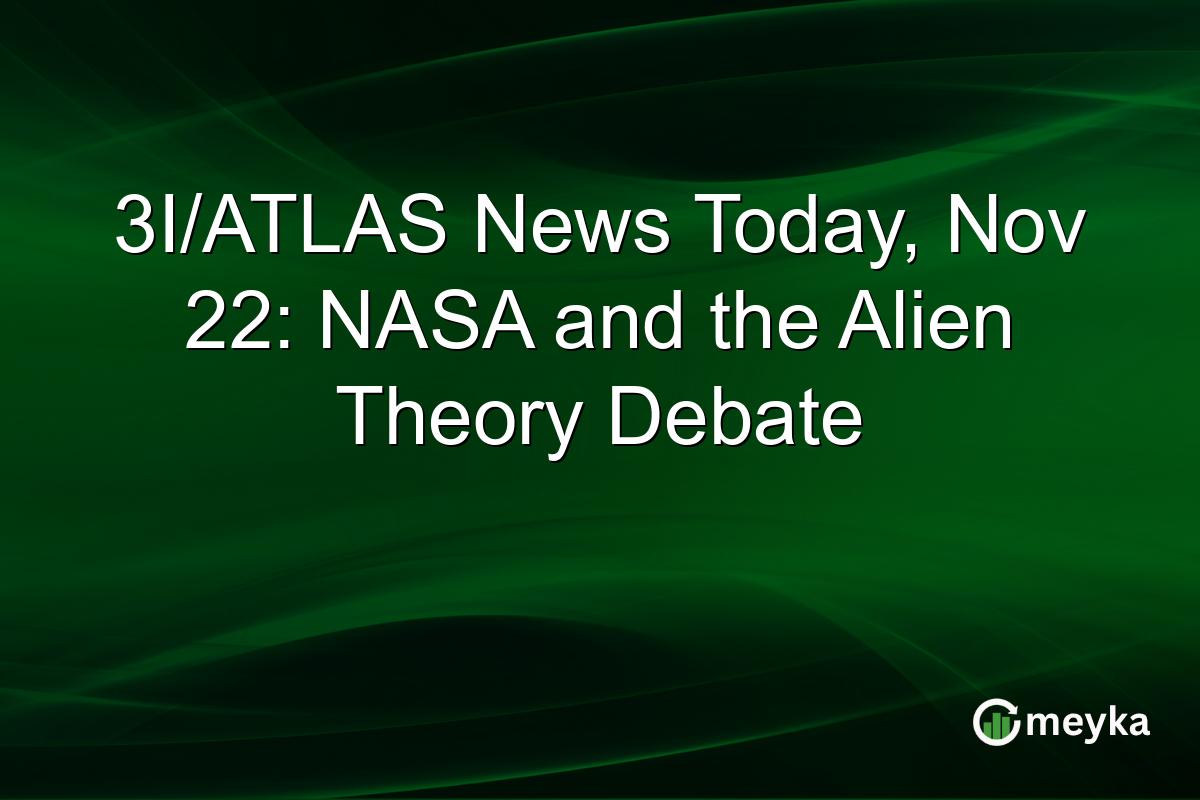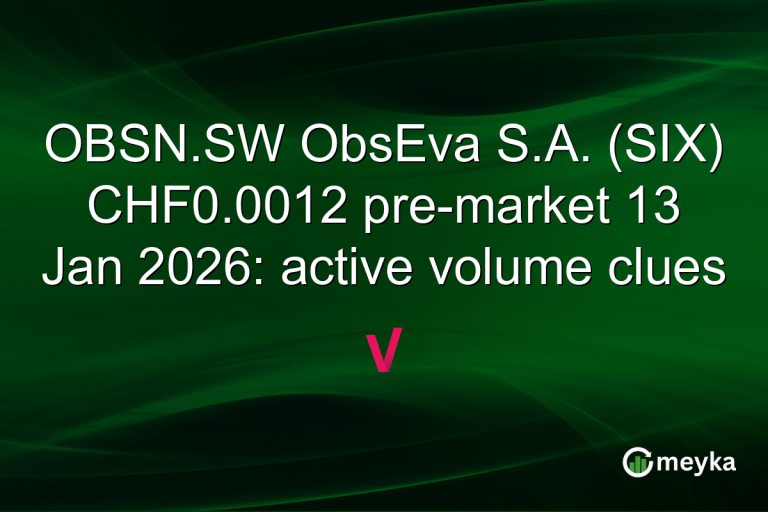3I/ATLAS News Today, Nov 22: NASA and the Alien Theory Debate
The debate over the interstellar object 3I/ATLAS has captured the attention of astronomers worldwide, particularly following NASA’s recent announcement dismissing the alien spacecraft theory. This announcement has sparked a controversy involving prominent figures like Harvard’s Avi Loeb, highlighting the divide in scholarly circles about unconventional theories in space science. In Hong Kong, science enthusiasts are keenly watching these developments.
Continue Reading on Meyka
This article is available in full on our main platform. Get access to complete analysis, stock insights, and more.
Read Full Article →





